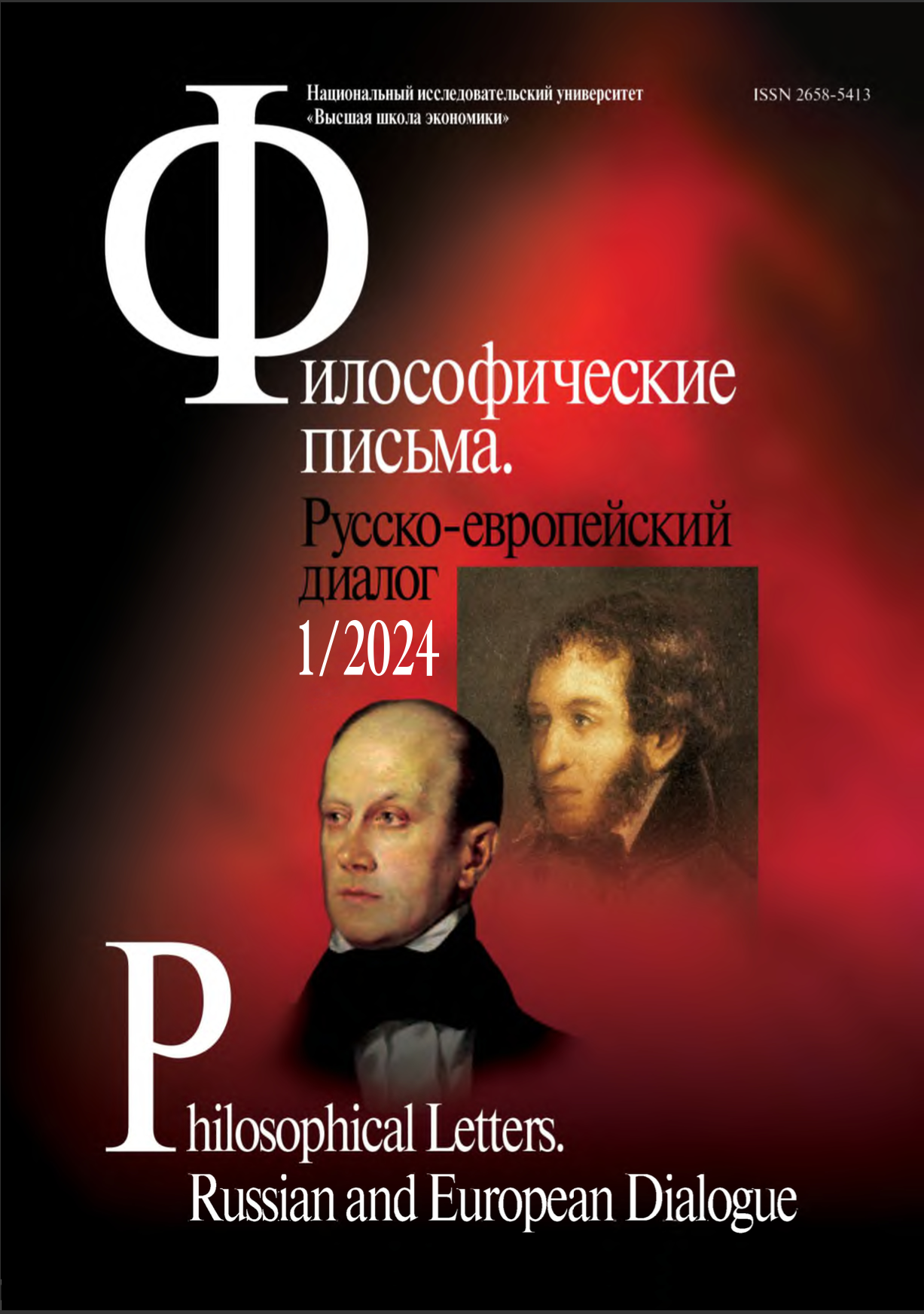Herzen: the Composition of the Revolutionary Situation in Russia
Abstract
Russian philosopher Alexander Ivanovich Herzen (1812–1870), who devoted his life to the struggle against the Russian Empire, is the main idea of the article. The author builds a chain of events: from the “annibal oath” of the young Herzen and Ogarev (1827), noting that the Carthaginian Hannibal swore to destroy a hostile state, while Russian teenagers devoted themselves to the destruction of their empire. Then the development of Bakunin’s credo in 1847: “The passion for destruction is at the same time a creative passion!” and practical actions in London, where Herzen organized a Free Russian printing house. The main thesis of the author is that in comparison “from the other shore” Herzen clearly saw the weakness of the Russian Empire, which he clearly formulated in a book on the development of revolutionary ideas (1852). But the problem at that time was that there were no such ideas yet. They were invented and turned into text by Herzen. He turns the opposition to the autocracy of educated people into the pressure of the revolutionary will (the “call to the axe”, the sacrifice of young revolutionaries, etc.). The oath of Herzen’s youth remained on the pages of “The Bell” and in his texts. The young demon destroyers responded to his ideas by creating revolutionary societies, proclamations and calls for real action against the government, murders, and so on. In the letters “To an old Comrade” (1869), Herzen composes something like a testament filled with tragic phrases in defense of the norms of social life. This is a spell addressed to demons, a call to civilization. But above all, it is a renunciation of the former self: “I will not go any further now.” Nechaev, having learned about Herzen’s latest text, sent N. A. Tuchkova-Ogareva and Herzen’s son a letter on the letterhead “People’s Massacre” with threats and a demand not to print this text. Herzen’s family acted courageously and published the text. The author comes to the conclusion that it was Herzen who initiated the movement of young radicals with his ideas, who turned from his words to bloody actions.

